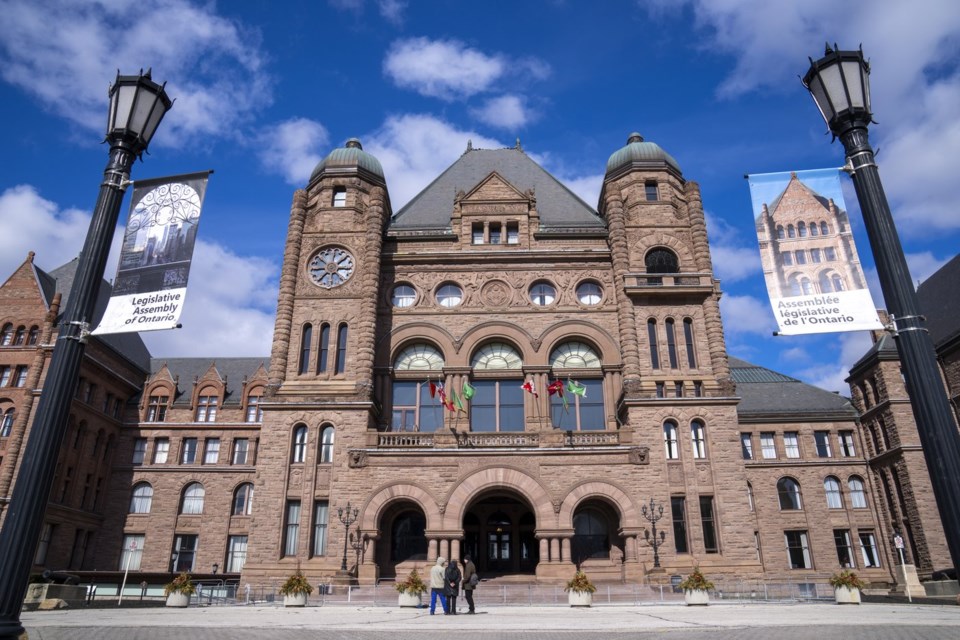TORONTO — Ontario Premier Doug Ford's government is moving to shut down debate on its most controversial piece of legislation this session, one of a plethora of bills getting the fast-track treatment before the legislature rises for a summer break.
A mining law known as Bill 5 that would give the government power to suspend provincial and municipal laws for chosen projects in areas deemed to have economic importance – and remove some endangered species protections – has sparked a lot of opposition.
A legislative committee heard from First Nations leaders and environmental groups, as well as mining groups, over two days and as the committee was considering amendments last week the NDP and Liberals used procedural tools to grind the process to a halt, in protest.
Government house leader Steve Clark is now stepping in to limit further committee time and require the bill to go back to the house for third reading, with just one hour of debate, and a final vote that same day.
While Bill 5 got two days of committee hearings, the six other pieces of legislation the government is speeding up have had no hearings, and will have as little as half an hour of third-reading debate, with just nine minutes each allotted to the two recognized opposition parties.
The opposition parties say pushing bills through without much public consultation or debate is undemocratic.
The NDP's Opposition house leader, John Vanthof, spoke in a debate last week over the government limiting debate and bypassing committee for four bills – including the budget bill – in what's called a time allocation motion.
"What’s happening now with the time allocation, specifically on four bills, is removing the right of the people to speak, and in many ways, the opposition to speak," Vanthof said.
"You actually don’t need a parliament. We’re actually almost going back to where you have, like, a king. That’s truly scary. I’m not opposed to the monarchy as a figurehead, but we came very far in our democracies to actually have parliaments. What the government is doing is basically making the premier the king."
Vanthof stressed the seriousness of the matter, though he had the opposition benches laughing while he was reading out quotes from government house leader Steve Clark, upset about time allocation motions when he was in opposition.
"My party loves to hear from people," Clark said in the waning days of the former Liberal government.
"If this government doesn’t want to listen to people, I’ll give them a guarantee. I’ll give them, actually, the people’s guarantee, because we will listen to them, and we will ensure that those Ontarians are being listened to."
Clark, who during that 2017 debate called such motions "anti-democratic," said last week that the younger Steve Clark was "maybe more brash and abrupt," defending the current moves.
"The government has decided that these four bills are very important for us," he said.
"There needs to be certainty from the government’s agenda...The government decides that they’re going to prioritize certain things, the government is going to move forward with those legislations. That’s my message."
However much the former Liberal government shut down debate, the Progressive Conservative government is a worse offender, Vanthof said.
"Two time allocation votes in a day was probably the previous record for the travesty to democracy, probably the previous record, and that was held by the Liberals," he said.
"But this government is so efficient, including destroying the democratic process, that they put four bills, including a budget, in one time allocation motion."
This report by The Canadian Press was first published June 2, 2025.
Allison Jones, The Canadian Press



